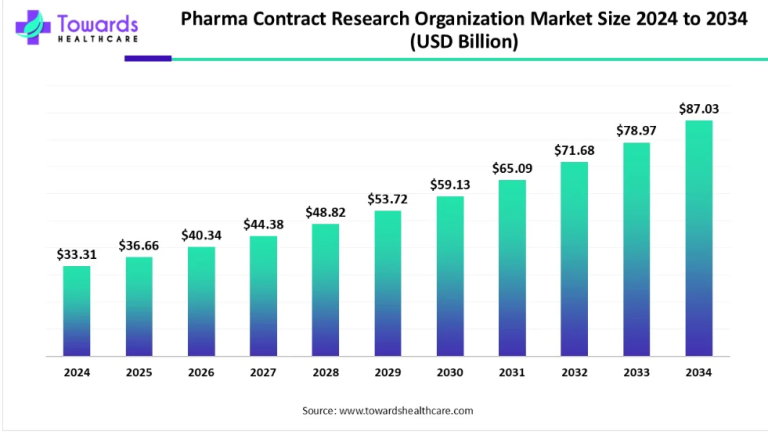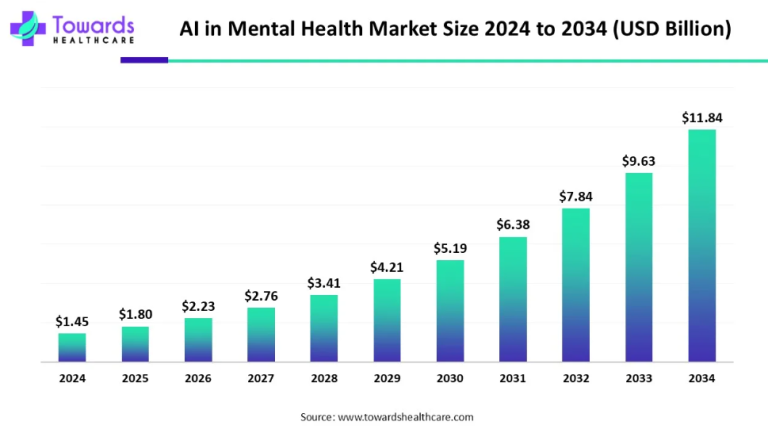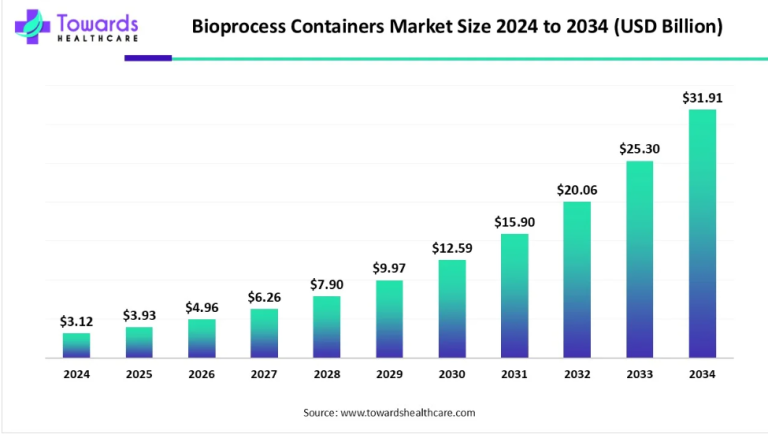
Understanding the Transmission of Coronaviruses
In the wake of the COVID-19 pandemic, understanding the transmission dynamics of coronaviruses has become paramount. These viruses primarily spread through respiratory droplets during person-to-person contact, particularly through coughing or sneezing. The need to mitigate the spread of the virus has led to innovative approaches in modeling and simulating infectious diseases.
For any queries, feel free to talk with us @ https://www.towardshealthcare.com/personalized-scope/5095
Innovations in Respiratory Emission Modeling
Dr. Zohdi has pioneered a computationally efficient respiratory emission model that integrates digital twin technology with a machine learning approach. This groundbreaking framework utilizes a genomic algorithm and simplified equations to optimize ventilation systems. By strategically placing multiple units and adjusting flow rates, the model aims to effectively contain and sequester particles released during coughing or sneezing, thereby reducing the transmission of coronaviruses.
The Emergence of Digital Twin Systems in Vaccination Processes
With the urgent need to vaccinate larger populations in shorter timeframes, especially when healthcare resources are limited, governments worldwide have introduced digital twin systems for vaccination processes. These systems have undergone rigorous clinic testing and enable real-time patient simulation, creating dynamic virtual vaccination centers.
Enhancing Efficiency through Virtual Modeling
The virtual models generated by digital twin systems allow for the identification and resolution of issues within the actual vaccination process. By simulating various scenarios and optimizing resource allocation, these models enhance the overall efficiency of vaccination campaigns. This technology has proven invaluable in streamlining operations and maximizing vaccine distribution.
The Surge in Adoption of Digital Twin Technology
In response to the challenges posed by the COVID-19 pandemic, there has been a noticeable surge in the adoption of digital twin technology across various applications. From healthcare to manufacturing, digital twins play a crucial role in optimizing processes and addressing complex challenges. In the healthcare sector, these technologies have revolutionized patient care, treatment planning, and disease management.
Leveraging Digital Twins for Better Outcomes
Digital twin technology offers a plethora of benefits in combating the COVID-19 pandemic and beyond. By providing real-time insights, predictive analytics, and scenario modeling, digital twins empower decision-makers to make informed choices and adapt swiftly to changing circumstances. From optimizing ventilation systems to streamlining vaccination processes, the applications of digital twins are vast and far-reaching.
As the world continues to grapple with the COVID-19 pandemic, innovative technologies like digital twins offer a ray of hope. By harnessing the power of data and simulation, we can navigate these challenging times with greater resilience and efficiency. The integration of digital twin technology in healthcare systems holds the promise of a brighter future, where we can effectively combat infectious diseases and safeguard public health.
The adoption of digital twin technology represents a paradigm shift in how we approach healthcare and disease management. By embracing innovation and collaboration, we can overcome the challenges posed by the COVID-19 pandemic and emerge stronger and more resilient than ever before.
Take smart decision to own our advanced study @ https://www.towardshealthcare.com/price/5095
Access our Premium Real Time Data Intelligence Tool, Visit: www.precedencestatistics.com
Read More Snapshots of the Study:



